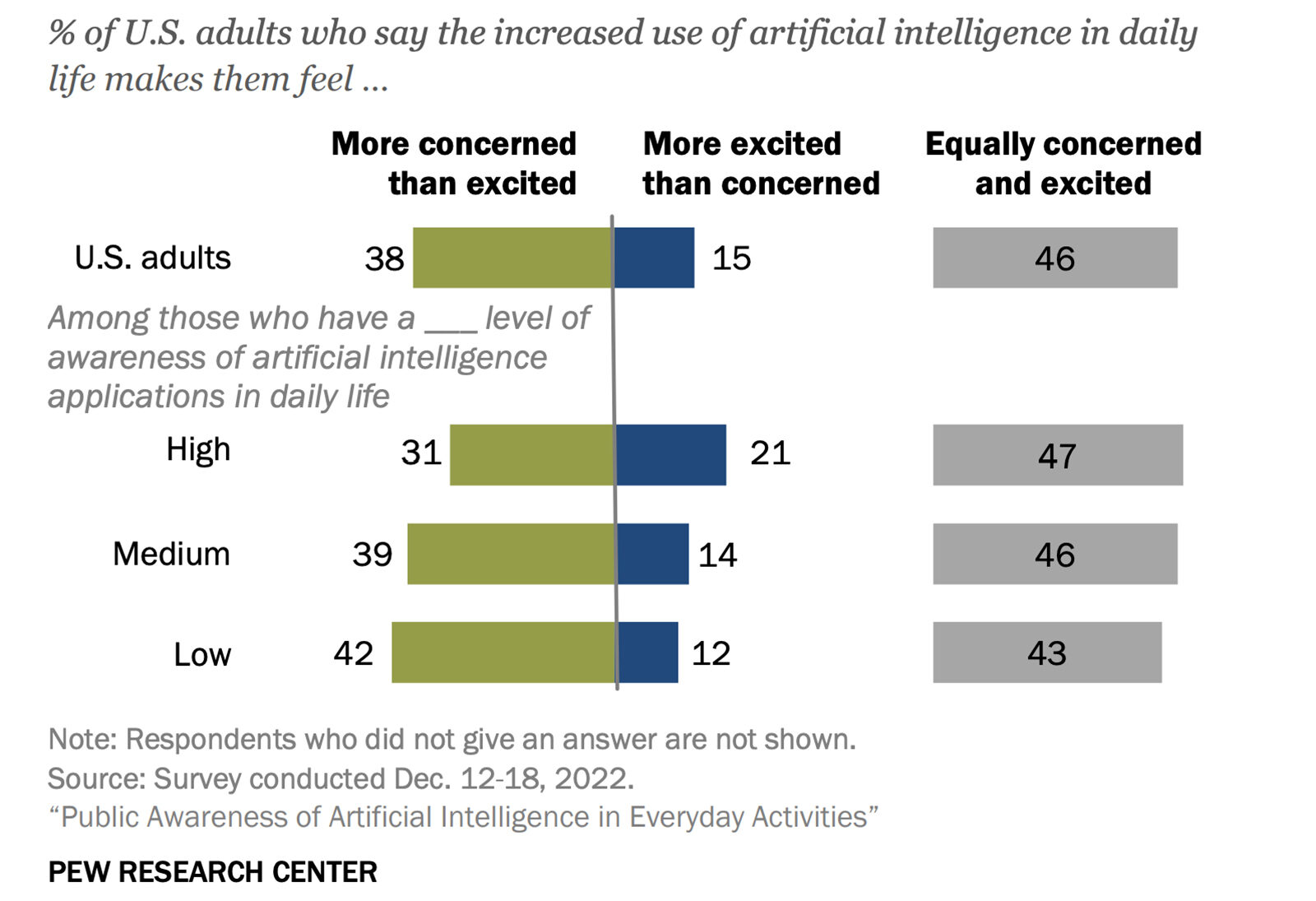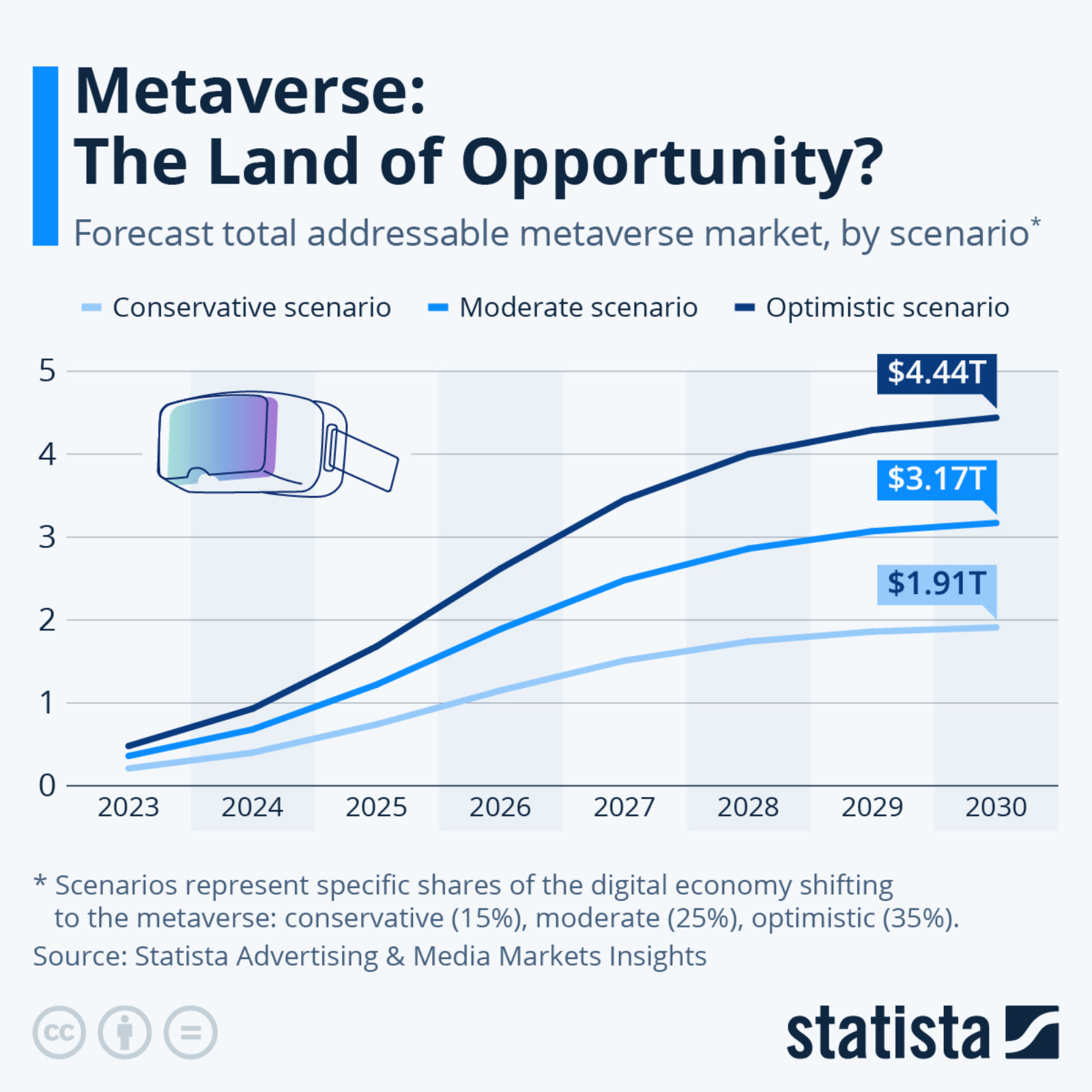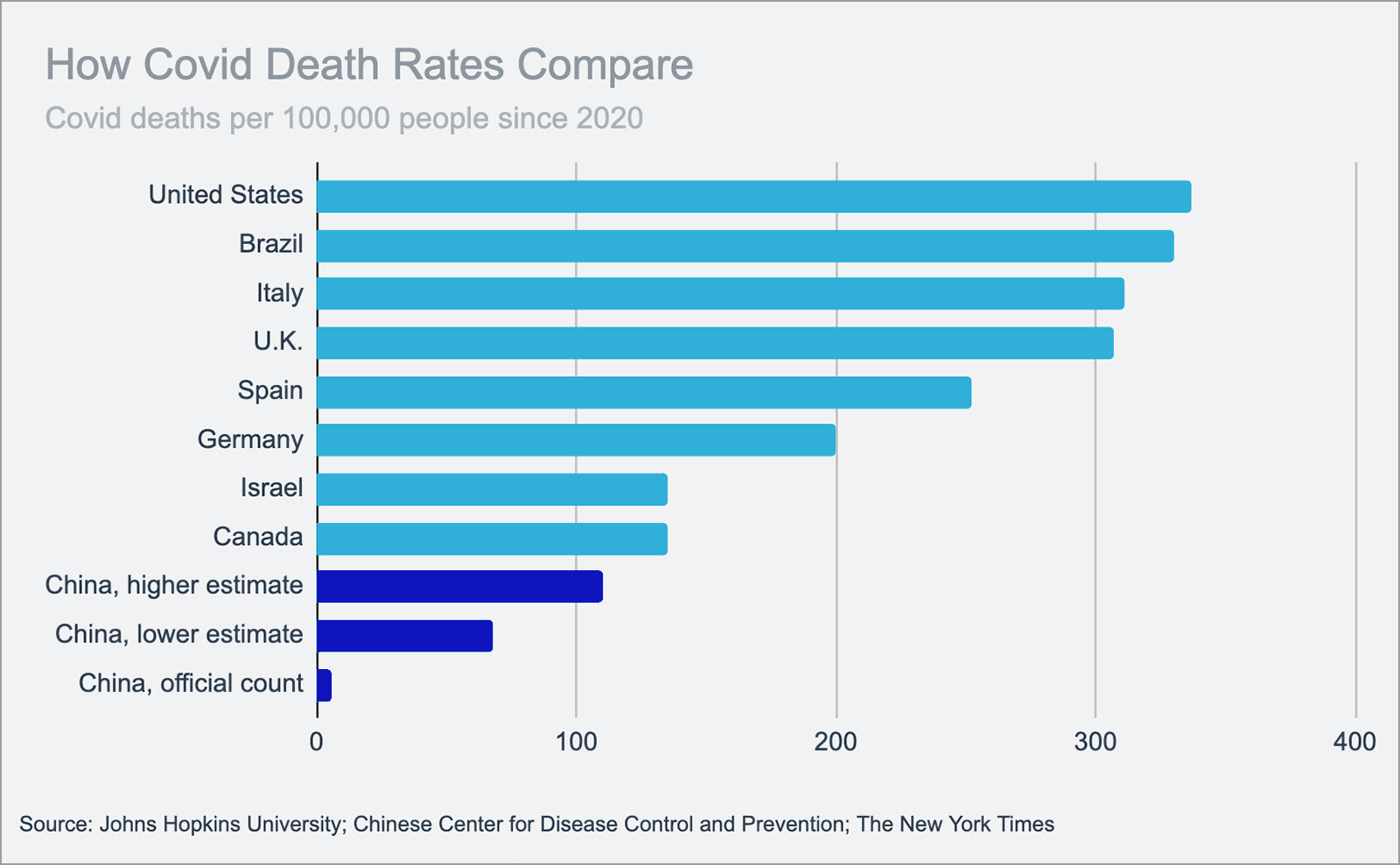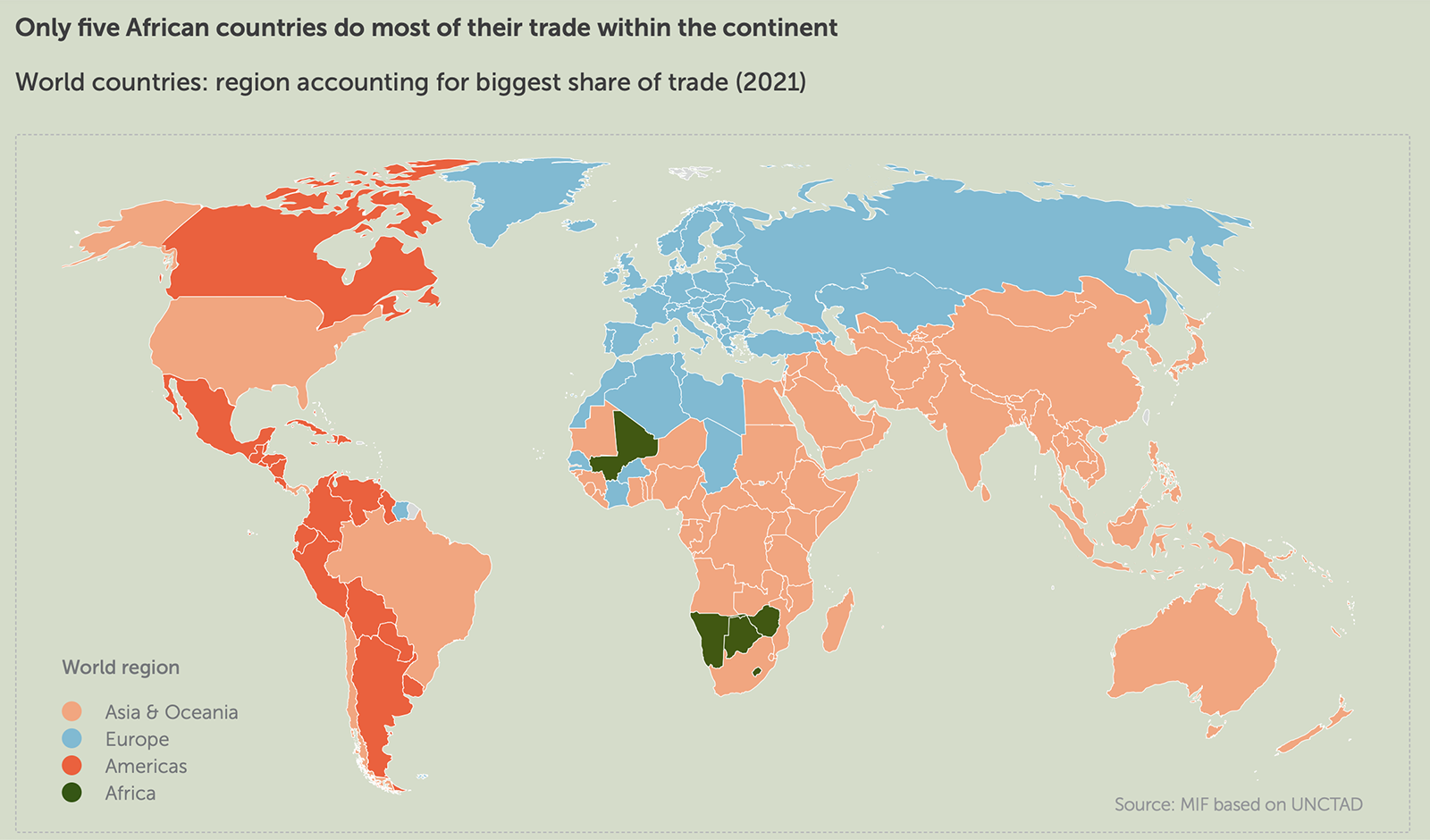Recessions’ Negative Effects on Public Health
If past recessions are any indication, governments and businesses need to be on alert regarding the health repercussions of an economic downturn.
As the Global Risks Report 2023 indicates, economic pressures are likely to intensify. Periods of economic decline are linked to considerable increases in excess mortality, with higher rates persisting years after the event. Job losses can also drive spikes in suicide rates, with men typically more affected. During the 2007-08 global financial crisis (GFC) there were 12-times more suicides among men than women in the U.S.
Recessions can contribute to spikes in conditions ranging from depression to non-communicable diseases such as cardiovascular disease and cancers, as well as malnutrition and greater susceptibility to infections. A study linked 260,000 excess cancer-related deaths in OECD countries to GFC-prompted unemployment and reduced health expenditure. The relentless stress of joblessness is associated with higher mortality.
Economic uncertainty can also impact health systems’ financial resilience — either through deliberate spending cuts, declining GDP or inflation-linked escalating costs. Recession repercussions will add to existing crises for the health sector, such as long-standing workforce-related issues. While recession-linked impacts will be shaped by national contexts, a failure to prepare for the health consequences of a looming economic downturn puts already-suffering populations at further risk.





